Lemon is a fruit with numerous uses in daily life: as a spice, in drinks, for beauty, and more. Additionally, fresh lemons have many interesting uses that few people are aware of: relieving toothache, killing weeds, repelling ants, and more.
Uses of Lemon
- 1. Relieve Toothache
- 2. Weed Killer
- 3. Refresh Lettuce for Salad
- 4. Reduce Itching
- 5. Sanitize Refrigerator and Eliminate Odors
- 6. Repel Ants
- 7. Clean Graters and Peelers
- 8. Deodorize Trash Bins
- 9. Absorb Moisture from Brown Sugar
- 10. Clean Hands from Vegetable Sap
- 11. Remove Soap Residue
- 12. Clean Moldy Nylon Items
- 13. Renew Worn Leather Shoes
- 14. Clean Yellowed Irons
- 15. Cleanse the Liver
- 16. Make Rice Fluffy
- 17. Remove Sweat Stains from White Shirts
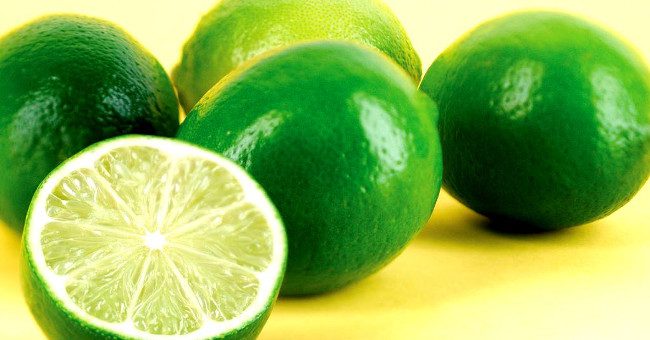
1. Relieve Toothache

Of course, the acid in lemon juice is not good for our tooth enamel, and when experiencing a toothache, it is best to visit a dentist. However, in case of sudden pain when you can’t get to the dentist, such as in the middle of the night, you can hold a slice of fresh lemon on the aching tooth. The citric acid will help soothe the pain, allowing you to “survive” until your dental appointment.
2. Weed Killer

For homes with gardens, weeding can be quite a task. To simplify this, you can use lemon juice to water the weeds, and they will die within a few days. Note that lemon juice is acidic and will also kill other plants, so be careful when using this method, and squeezing lemon juice to kill weeds can be quite costly.
3. Refresh Lettuce for Salad
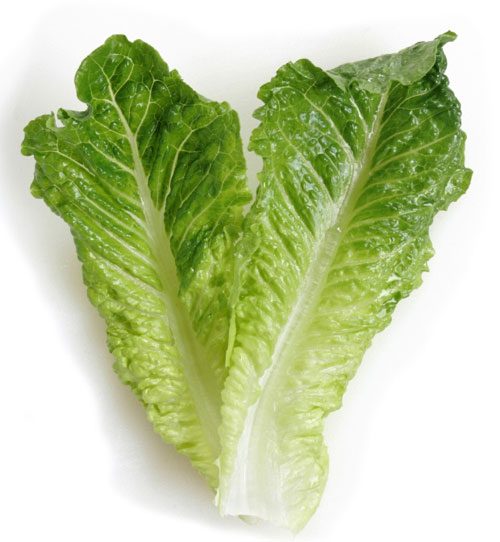
After washing, lettuce can easily wilt if left too long. To prevent this, soak the lettuce in clean water mixed with ½ tablespoon of lemon juice for about 1 hour. Then, drain and refrigerate for another 1-2 hours. The lettuce will now be fresh and ready for a delicious salad.
4. Reduce Itching
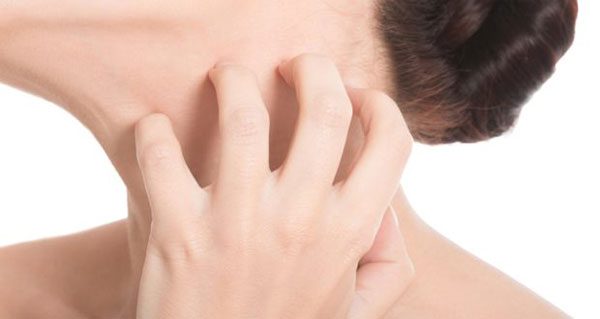
If you are camping and your skin gets itchy due to allergies or insect bites, a slice of fresh lemon can help relieve the itch quickly. Apply lemon juice gently to the itchy area, and the discomfort will gradually subside, restoring your skin to its healthy state.
5. Sanitize Refrigerator and Eliminate Odors
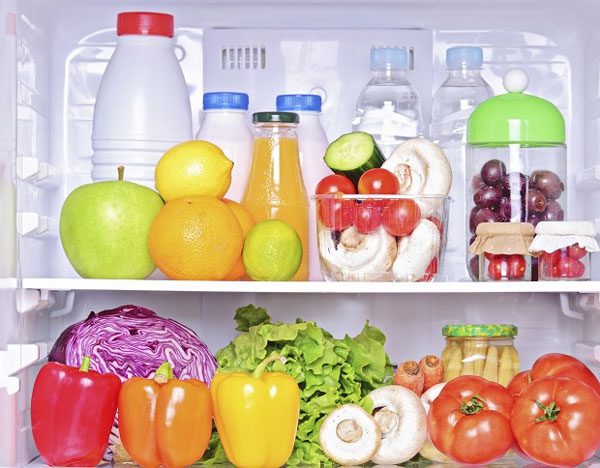
When dealing with odors in the refrigerator, after cleaning out old food, squeeze lemon juice onto a cloth. Roll the cloth and place it in the refrigerator for a few hours; the lemon scent will help eliminate unpleasant odors.
Additionally, lemon can also deodorize your cutting board. Simply sprinkle coarse salt evenly over the board, then use a lemon slice to scrub it clean, and the odors will quickly dissipate.
6. Repel Ants

Ants are particularly averse to citrus fruits. If you want to keep ants away from a certain area, simply spray a little lemon juice around that spot, or you can squeeze lemon peels in those areas to deter them.
7. Clean Graters and Peelers

Graters and peelers can be difficult to clean thoroughly due to dirt getting stuck in hard-to-reach corners. To clean them effectively, use them to grate a lemon.
8. Deodorize Trash Bins

Trash bins can easily smell bad after holding waste. Cut a lemon in half and place it inside; the lemon scent will help neutralize any unpleasant odors.
9. Absorb Moisture from Brown Sugar
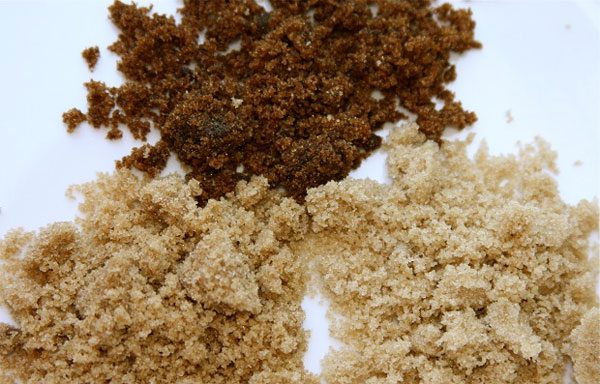
Brown sugar can easily clump together and become wet. To remedy this, scrape the white pulp from the inside of a lemon peel and place it in the sugar container; it will help keep the sugar dry and prevent clumping.
10. Clean Hands from Vegetable Sap

If you get sap on your hands while picking water spinach or cutting banana flowers, use lemon juice to wash your hands and quickly remove the sticky residue.
11. Remove Soap Residue
If your hands feel slimy from residual alkaline soap, wash them with lemon juice, and the alkaline residue will neutralize, leaving your hands clean.
12. Clean Moldy Nylon Items
When nylon items become moldy, cut a lemon in half and rub it on the moldy area until the mold is gone, then wipe it clean with a dry cloth.
13. Renew Worn Leather Shoes
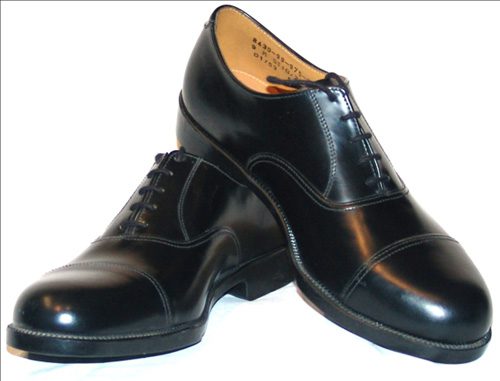
When leather shoes become old and stiff, use lemon juice to apply to the leather, then wipe with a dry cloth before polishing.
14. Clean Yellowed Irons
If an iron has yellowed from excessive heat, plug it in to heat, then unplug it, and use half a lemon to scrub the yellowed area. Wipe clean with a dry cloth, and the iron will be bright again.
15. Cleanse the Liver
Known for its detoxifying properties, lemon can be used to naturally cleanse the liver. A glass of lemon water consumed on an empty stomach can rejuvenate the liver and effectively cleanse it.
16. Make Rice Fluffy

To make rice fluffier, squeeze a little lemon juice into the rice pot before cooking. The acidity of the lemon juice prevents the rice grains from sticking together, resulting in perfectly fluffy rice.
17. Remove Sweat Stains from White Shirts
Yellow sweat stains on white shirts are a common issue. To remove these stains easily with just a lemon, squeeze lemon juice directly onto the stain and let it sit for 20 minutes. After washing the garment with cold water, the yellow stains will be completely gone. Note, do not use hot water to wash the garment again as it may cause unwanted staining on your clothes.
18. Removing Stains from Plastic Food Containers
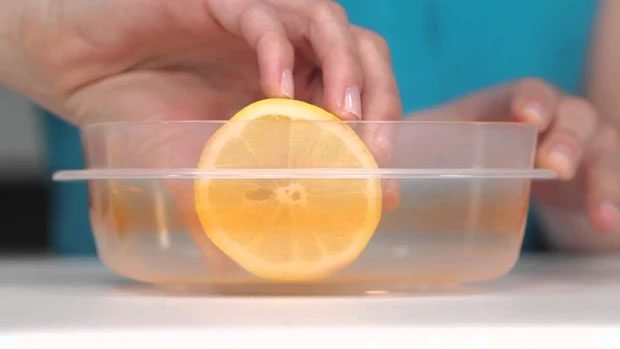
To remove stubborn stains from plastic food containers, simply use half a lemon to scrub the stains along with some salt. Then, place the plastic container in a sunny spot during the day. Finally, wash it thoroughly with dish soap, and your plastic food container will return to a clean, spotless state.
19. Removing Tea and Coffee Stains

Lemon juice can also be used to remove coffee and tea stains from clothing. The method is straightforward: simply dab lemon juice onto the stained areas, let it sit for about 20 minutes, and then rinse with cold water. Just like that, your clothes can say goodbye to those coffee and tea stains.
20. Eliminating Odors from the Microwave
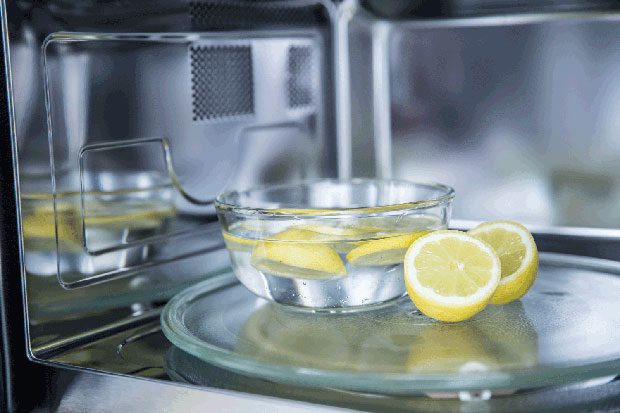
Microwaves, frequently used by families to reheat various foods, can often develop unpleasant odors. To eliminate these odors, cut a few lemons and place them in a deep bowl, filling it halfway with water. Then, heat the lemon water in the microwave for about 2 minutes, let it cool for a few minutes, and wipe the microwave clean. The unpleasant smell will be completely gone.
The Lesser-Known Benefits of Lemon Peel
Nowadays, many people are only aware of the health benefits of lemon juice, but few know about the uses of lemon peel. As a result, we often discard lemon peels, which actually possess potent medicinal properties and detoxifying effects.
Recently, Australian scientists conducted research and discovered that the antioxidant compounds and essential oils in lemon peels are sufficiently high to combat various diseases. Lemon peels contain essential enzymes, vitamins, minerals, vitamin C, vitamin P, calcium, potassium, fiber, and limonene. They are believed to help prevent heart issues, acne, cholesterol problems, and more.
Lemon peels also have the ability to reduce fever in cases of malaria. When suffering from malaria, drinking a large glass of warm lemon peel water can help lower fever within just 5 minutes. Additionally, lemon peel is beneficial for hypertension, prostatitis, kidney stones, gallstones, cholangitis, spinal arthritis, knee arthritis, wrist inflammation, stomach ulcers, body odor, toothache, various inflammations, and itching. Long-term consumption of lemon peel water is advantageous for women post-surgery for cervical fibroids or ovarian cysts to prevent complications.
However, it is important not to overuse lemon peel; a daily intake of 10-20 grams is recommended. Before slicing and drying lemon peels, they should be thoroughly washed.



















































